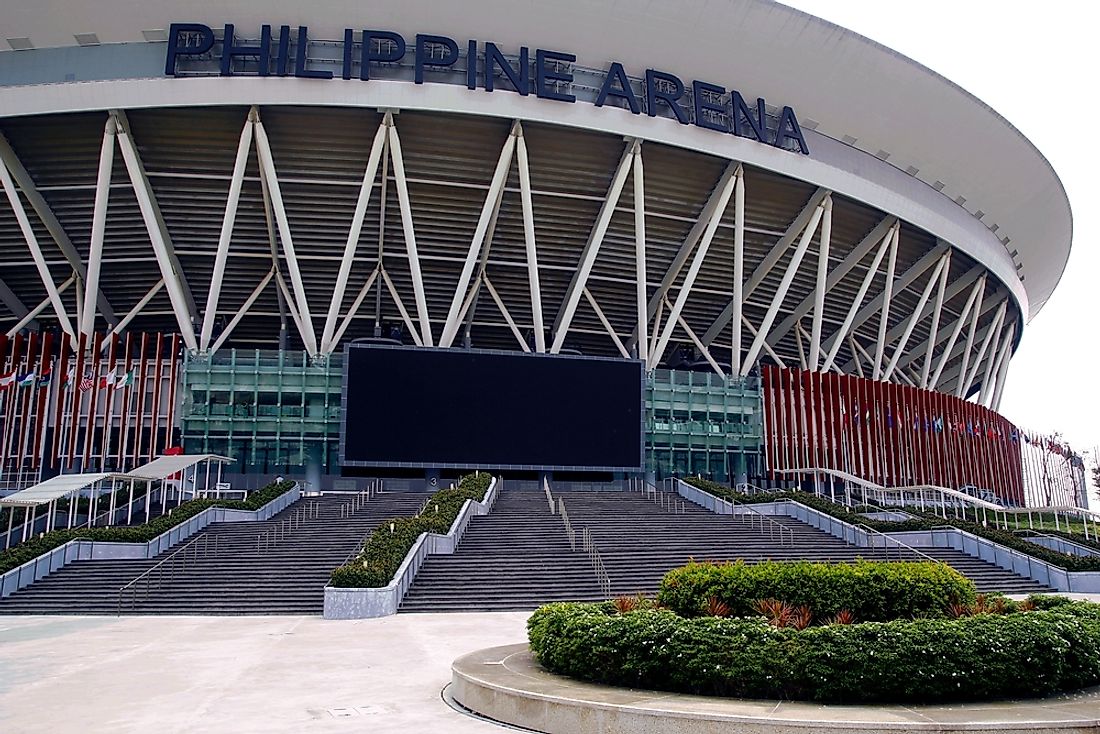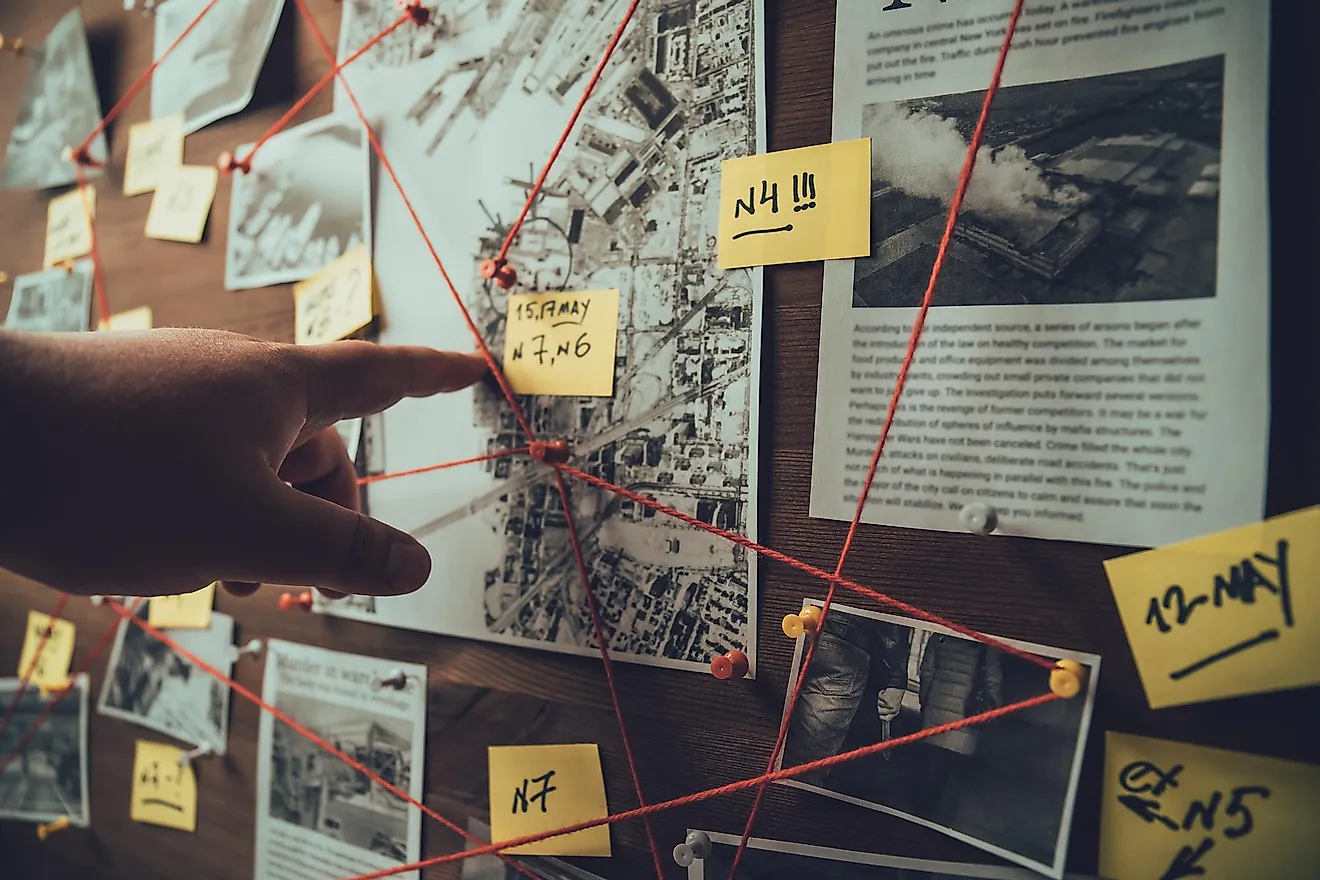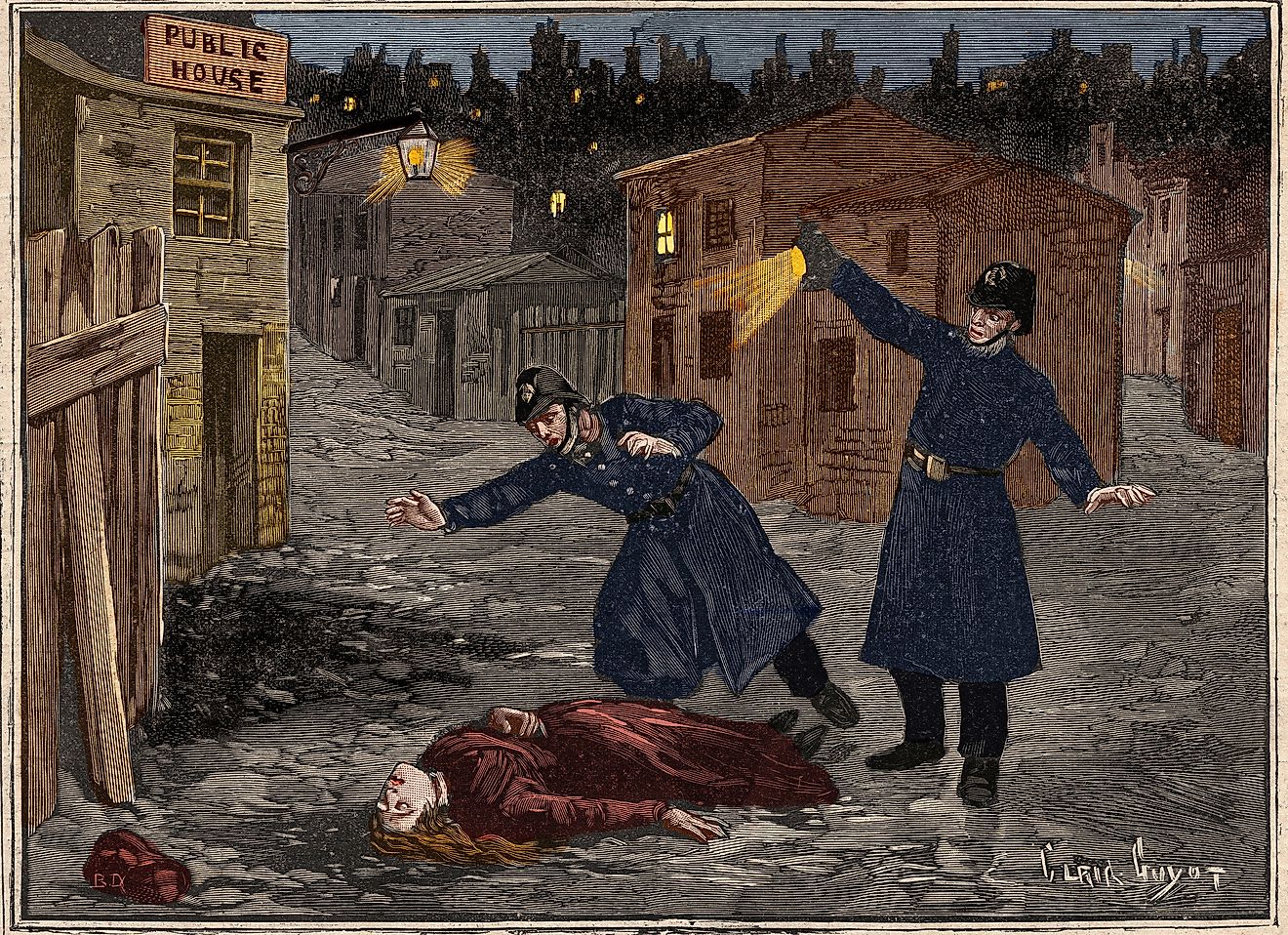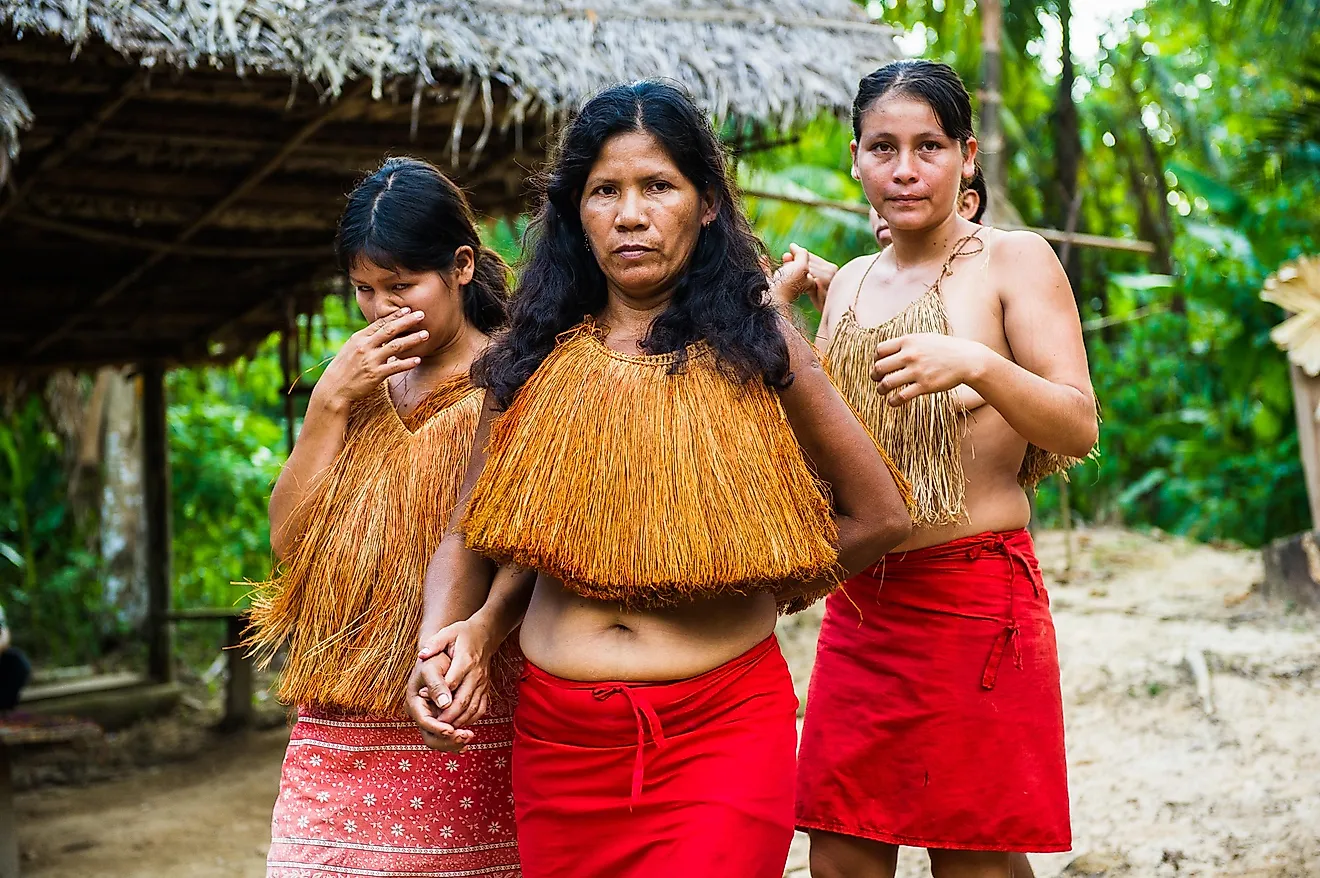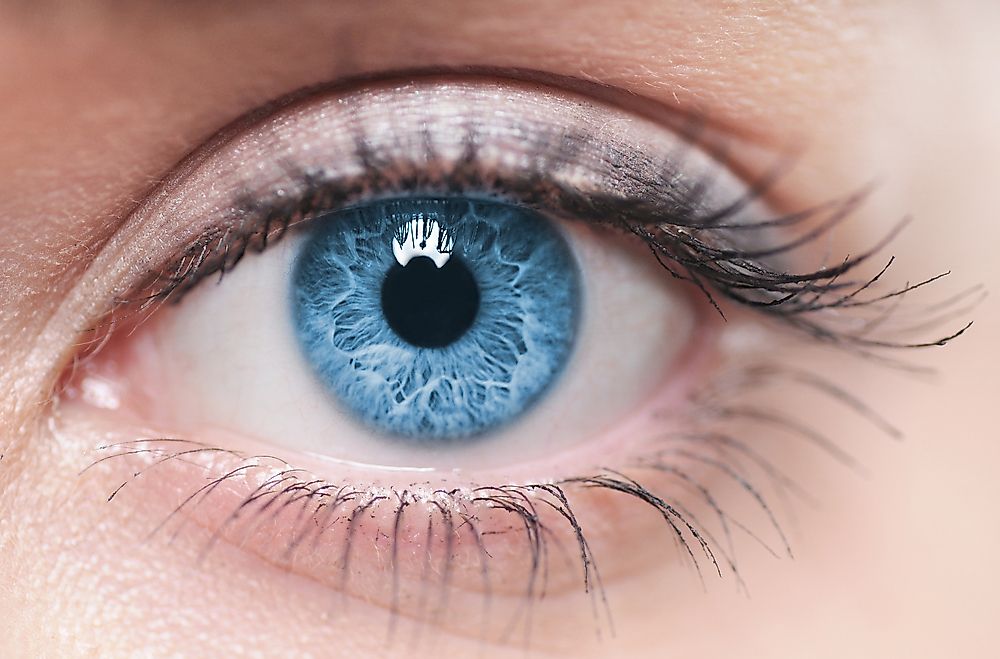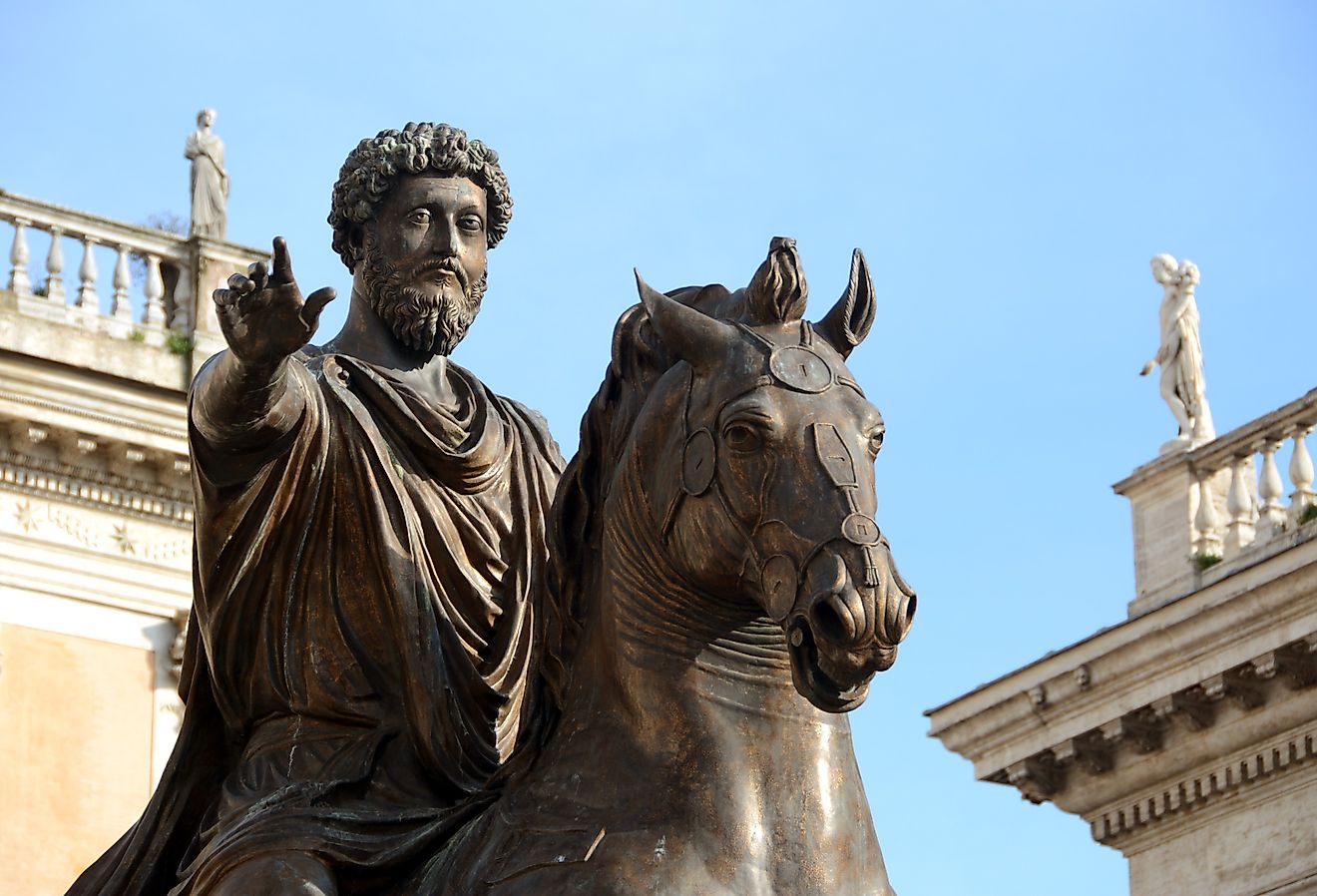Presidents Of Georgia Since 1991
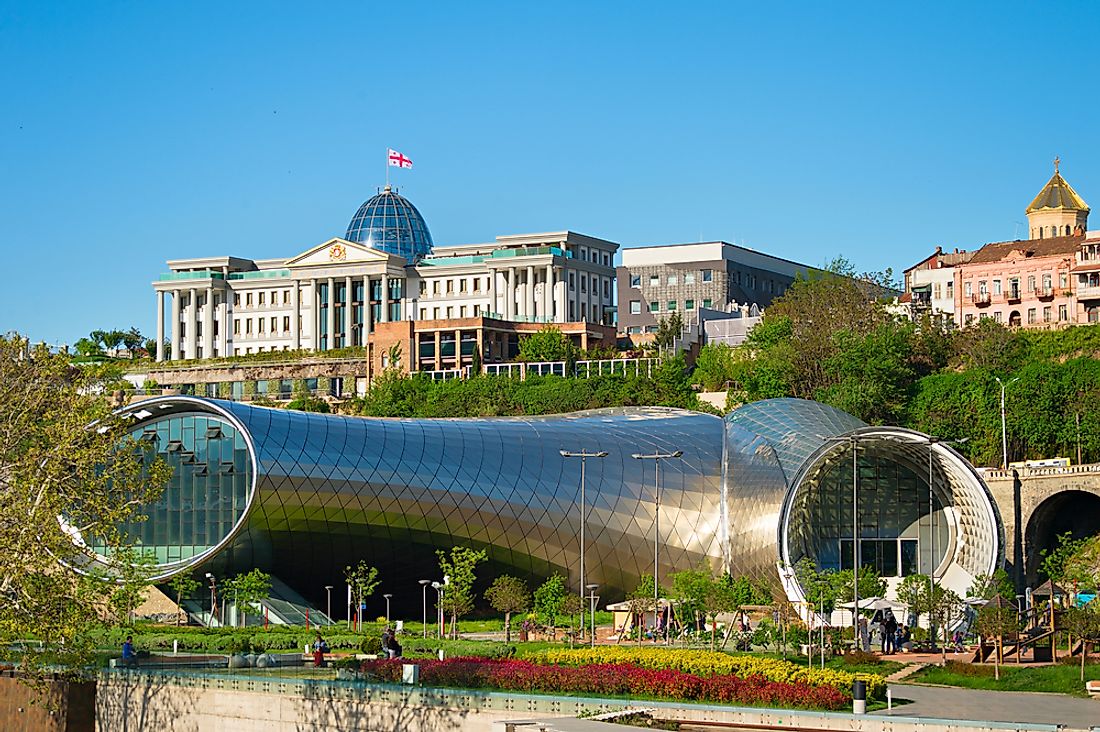
Georgia is located in the Caucasus region south of Russia, sitting at the interchange between Europe and Asia. During the Red Army Invasion of Georgia (1921) the Soviet Union took control of the country and a year later Georgia was part of the Transcaucasian Socialist Federative Soviet Republic (TSFSR) until 1936. That year the TSFSR was dissolved and Georgia became the Georgian Soviet Socialist Republic until 1991 when the country achieved independence from the Soviets. In May of that year, Zviad Gamsakhurdia (1939-93) was elected as the first president of the country. Shortly after Gamsakhurdia's election, the country faced a coup d'etat and the resulting Georgian Civil War (1991-93). The country finally stabilized in 1995 with the election of a new president and the passing of the constitution of the country.
Select Presidents of Georgia
Eduard Shevardnadze
Eduard Shevardnadze was the Minister of Foreign Affairs for the Soviet Union from 1985 to 1991, helping to make many of the important decisions in foreign policy under Mikhail Gorbacev. He returned to Georgia in 1991 and following the coup d'etat, was made the Chairman of the State Council of Georgia after two months of rule by military council in March 1992. In November he named himself Chairman of Parliament, holding that position until 1995. After having been the de facto leader of Georgia for more then three years, Shevardnadze was officially elected as president in November 1995. However, his tenure as president would be marked by accusations of scandal, corruption and assassination attempts. There were three assassination attempts on his life in 1992, 1995 and 1998 from enemies he made during the country's civil war or from his time as the First Secretary of the Georgian Communist Party. This along with his close relationship with the United States, as well the strategic partnership he signed with NATO, greatly strained relations with Russia. In April 2000 he won a second term as president, but there were widespread accusations that the vote had been rigged. Shevardnadze was finally forced to resign in November 2003 after allegations of electoral fraud in that year's legislative election led to a series of public protests and outrage now known as the Rose Revolution.
Giorgi Margvelashvili
Giorgi Margvelashvili went to college to study to become a philosopher. He graduated in 1992 from Tbilisi State University and then went on to continue his post graduate education at the Central European University in Budapest and then at the Georgian Academy of Sciences. In 1998 he received his doctorate in philosophy from Tbilisi State University. During his time in college, Margvelashvili worked as a mountain guide and program consultant. After he graduated he became involved with the Georgian Institute of Public Affairs (GIPA) and became the rector of the group from 2000 to 2006 and later from 2010 to 2012. Between his time at rector he worked in the GIPA's research department, where he often commented on the society and politics of the country. By 2012 Margvelashvili had gained a reputation as a critic of president Mikheil Saakashvili's government and publicly supported the Georgian Dream party in that year's election. This was also the year that Margvelashvili truly entered politics as he was made the Minister of Education and Science in October, while in February 2013 he was made First Deputy Prime Minister. That year the Georgian Dream named him as their presidential candidate and he won the presidential election in October.
Duties of the President
The president of Georgia hold the highest office in the government, is the head of state and is also the supreme commander-in-chief. The president is elected to serve a five year term by popular vote and can only serve two consecutive terms. The president is also the person who represents the country in foreign relations and makes sure that state bodies function in accordance with the constitution.
Some of the other duties of the president are to nominate and appoint a prime minister, appointing a member of the High Council of Justice, appoint other government positions, declare martial law or a state of emergency, granting political asylum and more. In 2004 amendments were added to the constitution to strengthen the president's power to dismiss parliament and also created the position of prime minister. Some of this was undone with the 2010 amendments which vastly reduced the powers of the president in favor of giving the prime minister more power. These changes when into effect with the inauguration of president Giorgi Margvelashvili in 2013.
Presidents Of Georgia Since 1991
| Presidents of Georgia Since 1991 | Term(s) in Office |
|---|---|
| Zviad Gamsakhurdia | 1991-1992 |
| Eduard Shevardnadze | 1995-2003 |
| Nino Burjanadze | 2003-2004; 2007-2008 |
| Mikheil Saakashvili | 2004-2007; 2008-2013 |
| Giorgi Margvelashvili (Incumbent) | 2013-2018 |
| Salome Zurabishvili | 2018- |



